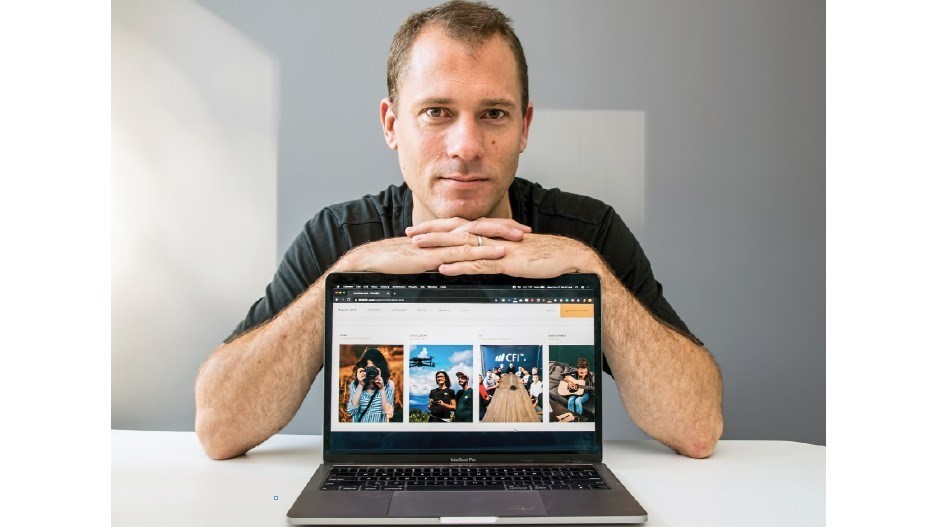Greg Smith doesn’t have to strain his eyes to see the parallels between his success and the success of small businesses thriving amid the pandemic.
His Thinkific Labs Inc. helps businesses and individuals create and distribute online courses.
The Vancouver-based tech firm had been turning a profit two years before the COVID-19 crisis began shutting down schools, gyms and community centres where people were previously spending their time learning and interacting.
“We might have seen one week of things being a little bit slow – but not even a concerning level of flow – and then everything completely blew up in a good way,” said Smith, Thinkific’s co-founder and CEO, referring to the outset of the pandemic.
If people are stuck at home, why not use online courses for learning?
Medical organization were turning to the company to help more than one million health-care professionals over three months to better understand COVID-19.
And the guitar tutors or martial arts instructors who’d typically meet with people were suddenly migrating to online courses as well.
“We saw a bit of uncertainty in the world, but also a real opportunity to double down and do even more for businesses that are unique. The interesting thing we’ve seen is so many businesses that would have otherwise potentially failed are now thriving because they’ve moved or transitioned to online education or added it as a component,” Smith said.
Thinkific’s business model has created a lot of investor interest. The company closed a $22 million funding round late last month led by Vancouver-based Rhino Ventures.
The company has free offerings, but revenue is generated by delivering additional features to course creators who typically pay between $49 and $99 a month and then charge their clients fees for the courses (Thinkific does not take a cut of those fees).
Since the outset of the pandemic, course creation on Thinkific’s platform has surged 200%, and Smith said the company is tripling its headcount over the next 18 months by hiring 350 more tech workers to meet the demand.
Increased interest in online course offerings hasn’t been lost on other West Coast tech companies.
Vancouver-based Course Studio Inc. launched two months into the pandemic. It specializes in helping creators design and launch online courses.
Thinkific also refers clients to the B.C. startup to help with building courses for creators.
Within four months of launching, Course Studio closed a $1 million seed round led by undisclosed angel investors – the same week as Thinkific’s big raise – according to company director Kyle Murphy.
“Right now we’re very focused on building out the service business, because there is a lot of demand for it accelerated by COVID,” he said
Like Thinkific, the company is planning to expand its headcount, adding two to four workers in the coming weeks to its full-time roster of six employees.
The business model is slightly different from Thinkific’s.
Course Studio will research a company’s needs and offer a quote, according to Murphy.
While educational institutions might seem ripe for jumping on the bandwagon, he said that hasn’t been the case.
“The post-secondary space is not the quickest to adopt these new technologies because even pre-pandemic they were set up for online because they were building out the online service offerings to diversify that revenue pool. So they’re relying on a lot of those legacy systems.”
Meantime, Thinkific’s revenue is up 150% year over year, and the company estimates revenue earned by course creators will grow to $1.5 billion by the end of 2021.
“We were already riding quite a tidal wave of trends in building businesses around the education space. But this [pandemic] has brought that forward faster than we thought would happen,” Smith said.
“Twice as quickly.” •




